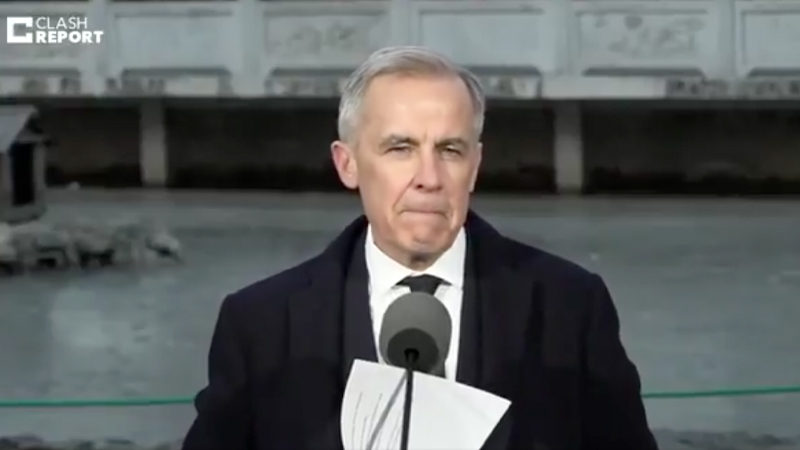One case of shoddy welding set production back seven months, the agency’s inspector general found
NASA’s inspector general has issued a damning report on Boeing’s rocket division, stating that the aerospace giant’s next-generation spacecraft is years behind schedule, significantly over budget, and built by “inexperienced technicians” led by ineffective managers.
In development since 2014, the Block 1B variant of NASA’s Space Launch System was originally scheduled to lift off as part of the agency’s Artemis II lunar flyby mission next year. The rocket’s debut has since been pushed back to the 2028 Artemis IV moon landing mission, which NASA’s Office of Inspector General warned on Thursday could be delayed even further.
Boeing, which was contracted in 2014 to build the rocket’s powerful upper section, is partly to blame for this delay, the inspector general declared in a report.
NASA inspectors visiting Boeing’s Michoud Assembly Facility in Louisiana found glaring “deficiencies in quality,” the report stated. Inspectors issued 71 Corrective Action Requests to remedy these deficiencies, which they noted was “a high number…for a space flight system at this stage in development.”
These deficiencies “are largely due to the lack of a sufficient number of trained and experienced aerospace workers at Boeing,” the report continued, citing one example of how the company’s “inexperienced technicians” were unable to weld a fuel tank in accordance with NASA standards. This shoddy welding directly led to a seven-month delay in the development of the rocket’s upper stage.
“Boeing’s process to address deficiencies to date has been ineffective, and the company has generally been nonresponsive in taking corrective actions when the same quality control issues reoccur,” the report declared.
Boeing initially promised to deliver the upper stage by February 2021, and now insists that it will be ready by April 2027. Costs have soared in the meantime, with NASA estimating that the stage will set it back $2.8 billion by 2028, more than double Boeing’s 2017 estimate of $962 million.
The inspector general’s office recommended that Boeing be fined for its “noncompliance with quality control standards.” However, NASA’s deputy associate administrator, Catherine Koerner, announced on Thursday that the company would not be penalized.
With its aviation division already reeling after a door panel blew off one of its 737 MAX 9 planes in mid-air in January, Boeing was thrust into the headlines again in June when its Starliner spacecraft malfunctioned, leaving two astronauts marooned on the International Space Station (ISS). The astronauts were originally meant to stay on the ISS for a week, but NASA announced on Wednesday that they could be stranded in space until 2025, when SpaceX’s Crew Dragon is scheduled to drop off a fresh crew of astronauts.
Nick Fuentes on Israeli False Flags and the 2024 Election




